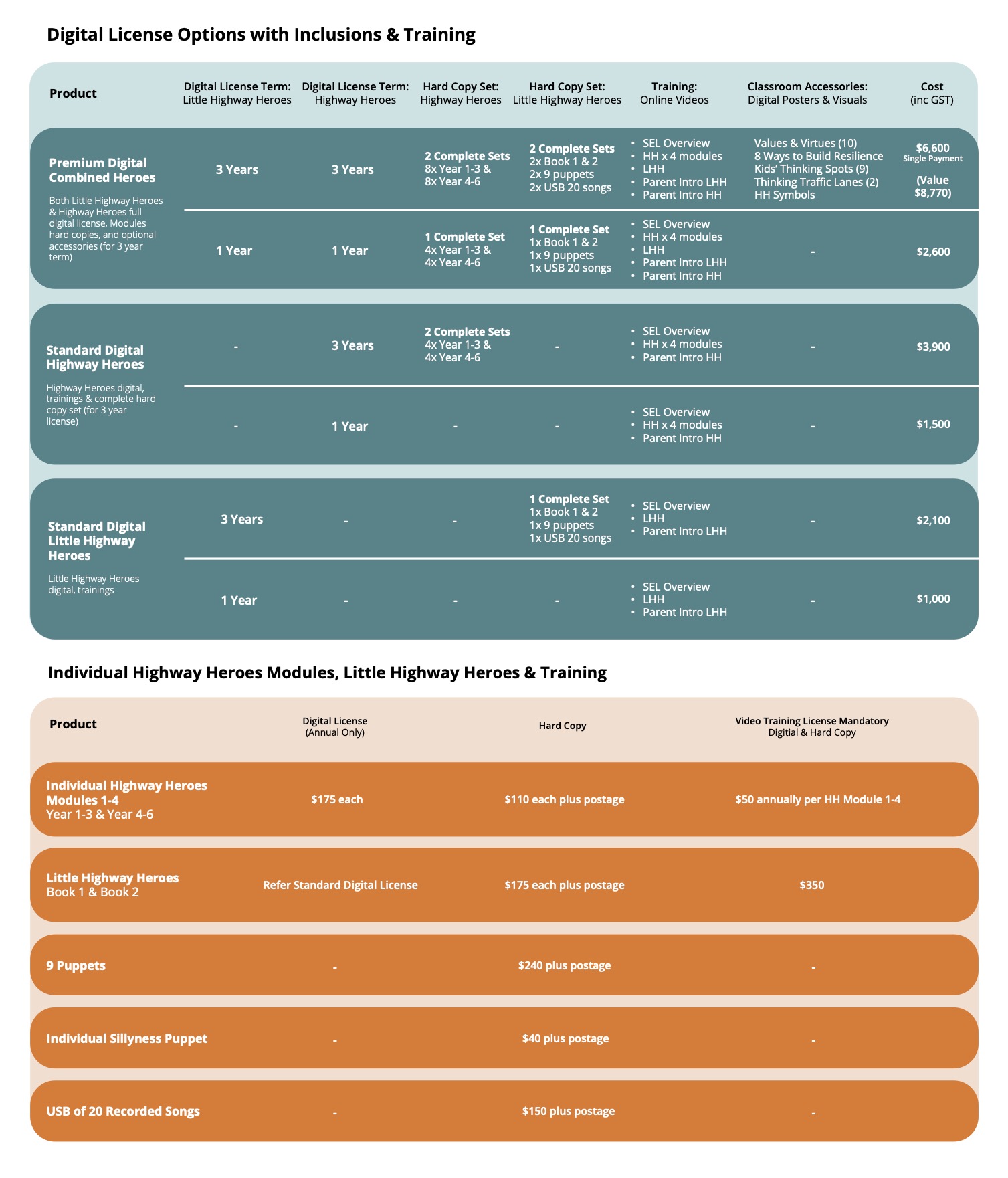
Failure – it’s a difficult word for most parents to slide in to any positive thinking about parenting children. In fact – it’s an ugly and negative word that we should be reframing into –
- Growing through mistakes
- Taking appropriate risks
- Learning from less than perfect outcomes
These are far more palatable ways of describing a child’s learning journey through their mistakes. So, let’s set the word ‘failure’ aside and concentrate on what active life learning means for our children.
Brain science research tells us that kids who experience tolerable stress are developing (at a neurobiological level) their coping strategies for life. In neurocognitive terms this means that the child is learning progressively over time (which means over a lifetime) how to toggle between emotional arousal into emotional regulation – an Executive Functioning skill. Fancy words that basically mean – when we allow our children to experience and problem solve life’s BUMPS we’re actually training their brains to cope better and better.
This is also referenced as ‘resilience’ – another word that simply mean increasing a child’s capacity, capability and competence to deal with the inevitable BUMPS of life.
Natural consequences from choices
There is great news for parents who actively choose to allow their children to experience some natural consequences of their choices. For example:
EVENT: A middle primary school aged child forgetting their library book at home.
EMOTIONAL AROUSAL: The child might feel distressed at library time, fearing being told off and missing out on choosing a new book.
FIXED PARENTAL RESPONSE: The parent that rushes the book up to school is effectively shielding their child from the natural consequence of their action. So, instead of having a big feeling and learning to calm down from it, the child is not learning that life skill. Have you used that skill lately? Of course you have – it’s part of managing adult life well.
GROWTH PARENTAL RESPONSE: The parent that leaves the book where the child has left it, provides the child with an empathetic listening ear once home and then reminds the child of the system for being organised and remembering to take their library book to school – is teaching a life skill. There’s no point being all blamey and shouty – the child’s already experienced their own natural consequence and the outstanding parent will turn this into an opportunity for coaching and not shaming.
EMOTIONAL REGULATION: While there might be some getting into trouble with the teacher involved and there might even be some tears, the child is learning two very important lessons.
- The value of getting and being organised
- That big feelings come – and then they go and life returns to normal.
We have to – and yes, that is an imperative – let our children experience both the highs and lows of life to prepare them for the long journey through the teen years into their adult life. This is the art and the essence of good parenting.
4 top tips for every parent
TIP 1 – DOING THINGS FOR CHILDREN DOES NOT EQUATE TO GOOD PARENTING
An empowered view of parenting means acknowledging that the major part of our role is to help our children grow into happy, flourishing and well-resourced adults. In real-time terms that means letting children experience the natural consequence of some of their actions (those that don’t cause harm or toxic stress) to help the process of learning emotional self-regulation.
TIP 2 – INDEPENDENCE IS A GOOD THING
“I do it!” Everyone with a toddler had heard that yelled in a variety of ways and tones on a regular basis. Even our little people actively seek ways to develop their independence. While this might make the process of buttering toast or making a bed 1000 times longer – the child is learning valuable skills about themselves – and their parent during these tasks.
TIP 3 – DETERMINE ACCEPTABLE RISK
Taking risks and feeling the consequences is good for human brains. In fact, it’s essential for so many aspects of a child’s development. Yes, protecting a child from outrageous risks is good parenting, however, protecting a child from all risks – is a big risk! The teen years are defined by risk taking. It is applauded by peers and if this is the first time a child is exposed to taking a risk and making a good decision by drawing on their bank of outcomes for risks taken previously (and coming up empty) – well, trouble is sure to follow. As our children grow, they are storing a world of knowledge about the outcomes of their previous experiences… “I told a lie to Dad and I lost my bike for a month’” does translate into some better decision making in those tough teen years. The learning starts early – so help your child learn from the consequences of their decisions and actions.
TIP 4 – BE THERE WHEN THEY FALL
Taking appropriate risks means that at times our children will make mistakes, feel disappointed, let down and hurt. That’s life and our job is to be the soft place to land. You see, there’s a big difference between holding a well-padded cushion between the child and life and making sure that that cushion is waiting underneath the child to land on when they’ve experienced that life event. Listen and respond with empathy, reach for the learning and make it explicit for the child and be part of their solution for the next time they experience a similar event.
There’s no doubt that parenting is the hardest job in the world – and the hardest part of that job is letting the world impact our children. But it is essential and most certainly being there for our children when life’s events go BUMP is our highest calling because we are our children’s BEST life coaches!
Claire Orange
Director, BEST Programs 4 Kids

